Questioni have just got a 1year old female swift parakeet she is tame in every sence by sitting on your shoulder etc but if you put you hand near her or cage she bites you be she in her cage or out.what is the best way to stop this and train her not to bite
Answerhi. thanks for your question. i am going to give you an excerpt from an answer that i have given before as this is a common problem in birds, especially birds that are allowed to be on their humans shoulders:
" fortunately this is a behavior that can be corrected in time.
before we get in to how to work on these negative behaviors, i will address the shoulder biting...most bird owners will tell you that it is very important to train your bird to know that you are the boss. allowing the bird on your shoulder puts the bird "on the same level" as you and as such, he does not feel submissive to you. during this phase of you training him, it is important to let him know that you run the show. i would discourage keeping him on your shoulder and suggest you try and keep him below your eye level. this puts the ball in your court and keeps him from thinking that because he is up as high as you that he is your "equal". he will fight it and try his darndest to climb up your arm but you have to fend him off or get help from someone else to get him off of the shoulder.
back to the "step up" from the cage. my first reaction is that since you just got him that he is most likely unfamiliar with his surroundings. birds bite many times out of fear of strange people and strange surroundings. although it seems aggressive, he may simply be scared. you are technically a stranger to him and your home is a strange place.
it sounds like he needs training on how to step up on to your hand vs. you putting your hand in there and getting bit.
You will have to spend time getting him "used" to you and the new environment. Perhaps spending about 10-15 minutes, spread out over a few times a day (to keep him from being tired or overly stressed) at first. Remember throughout the process to use positive reinforcement..try to use verbal praise and treats. Move slowly and try not to speak loudly or scare him in any way. He may attempt to bite you but again, do not take this personally and be patient with it. Realize he is acting out of fear and not necessarily aggression.
You may want to initiate step up training by tempting him with food...such as a piece of fruit or a nut. Try this "handfeeding" until he is used to the idea of having your hand in his cage. This step could take a while and that is okay. Keep doing this until he lets you pet him...try petting his chest/breast area first because your hand going for his heads may scare him. Also, most birds don't like being pet on the wings or legs. You can try pressing on his tummy a little bit as a cue for him to step up onto your finger. Obviously, he is fingertrained somewhat if he gets on to your finger from the floor,
Also at this time, you will still be getting bit..as i said, birds may bite out of fear. Although it is painful, try not to react to strongly. The reason being that if he realizes that a bite can keep you away, he will continue to do so. This may have been the issue with his prior owner and the reason he does not step up. Do not let the bites discourage you from interacting with him as a solitary bird with little human interaction can become aggressive, irritable, destructive, and may self-mutilate. Pull the finger away but try not to yell out or get angry at the bird. Let him know you are "the boss" and you intend to interact with him.
Birds usually like stepping up and being higher than they are so make sure your hand is placed up higher than his feet. Sometimes birds will automatically place on foot up...another gentle push will cue him to step up again. He might also try and "test bite" you...he may be testing to see with his beak if your finger is a solid enough place for him to stand...not really a bite at all but more like his way of checking things out. Again, he may also bite out of fear. Either way, when you are successful or if he bites, try not to make too much noise...even if its praise. Continue to speak softly and make slow movements, even if you get bit. I know its hard but if he knows that he can keep you away from him by biting, he will continue to do that.
I strongly recommend you purchase a book about swifts if you don't already have one. This can come in handy reference to help you and your swift bond. Also, check out websites about swifts and try and learn as much about them as possible. It is very important that he is handled as often as possible in order to keep him "tame" as well as to keep him entertained. Birds are flock species and are used to companionship...bird and/or human.
After your swift gets comfortable with more handling, you can begin petting him. My swift loves being pet around his eyes, his ears, and under his beak. Again, please refer to a parrot "owners guide" on techniques for proper handling and petting.
I hope this helps...just remember to remain calm and keep distractions to a minimum. With time and effort, he will trust you to handle him and you can begin understanding how to further bond with him. I hope this helps! Good luck and let me know how it goes. Alicia

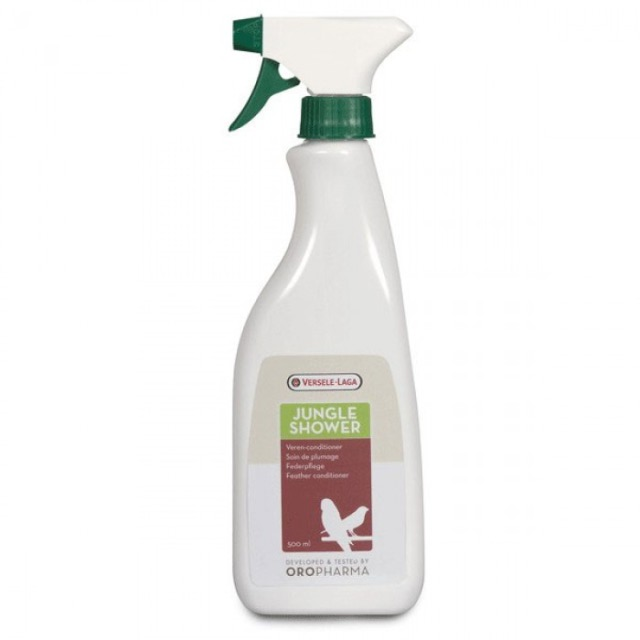 Indian Ringneck Health Issue
QuestionI have an Indian Ringneck who had been neglecte
Indian Ringneck Health Issue
QuestionI have an Indian Ringneck who had been neglecte
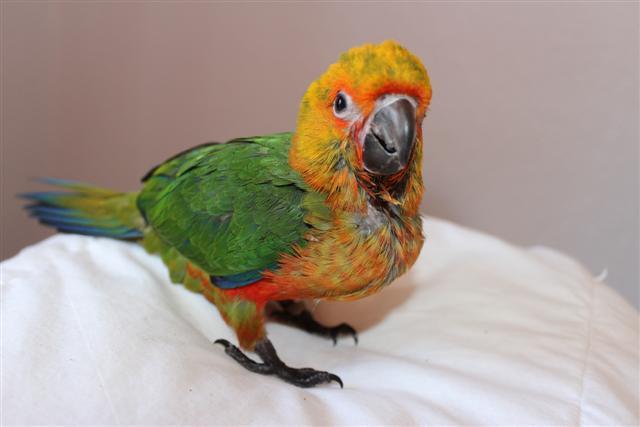 Jenday Conure Weaning?
Question
Castor the Conure
Hi
I have a 9 week o
Jenday Conure Weaning?
Question
Castor the Conure
Hi
I have a 9 week o
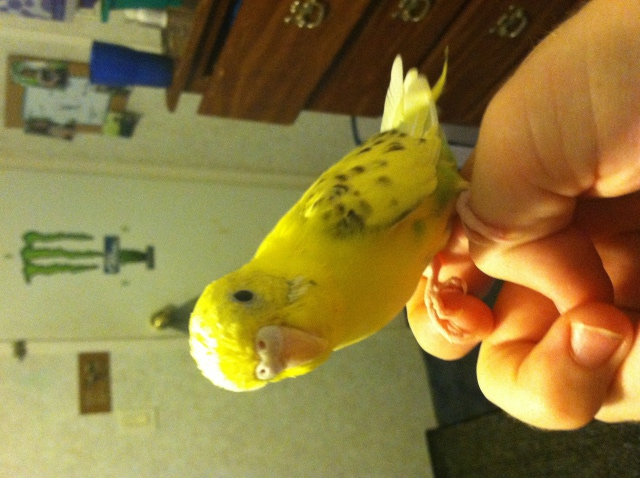 Parakeet gender
Question
Parakeet
Hi, I looked for an expert und
Parakeet gender
Question
Parakeet
Hi, I looked for an expert und
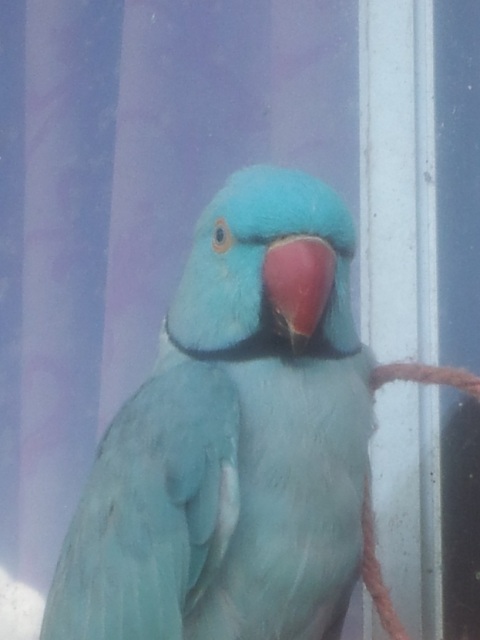 RE: Indian Ringneck probems
Question
Indy our Ringneck
Thank you for your he
RE: Indian Ringneck probems
Question
Indy our Ringneck
Thank you for your he
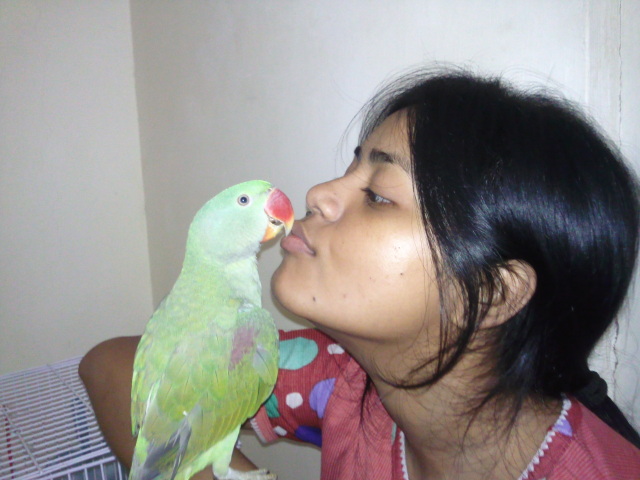 can i give my parrot chole(chana) called in hindi
Question
my little chaddi alexa
dear sir,
can give chan
can i give my parrot chole(chana) called in hindi
Question
my little chaddi alexa
dear sir,
can give chan